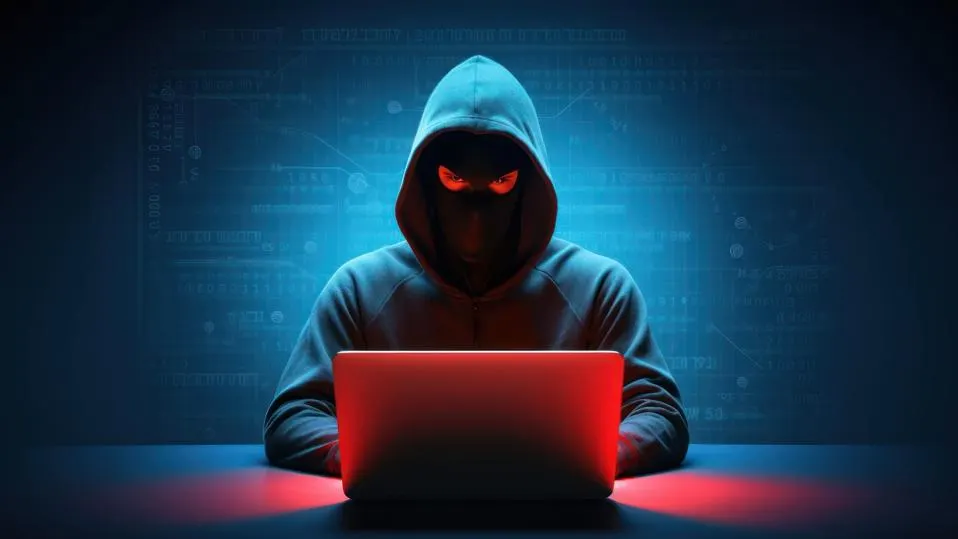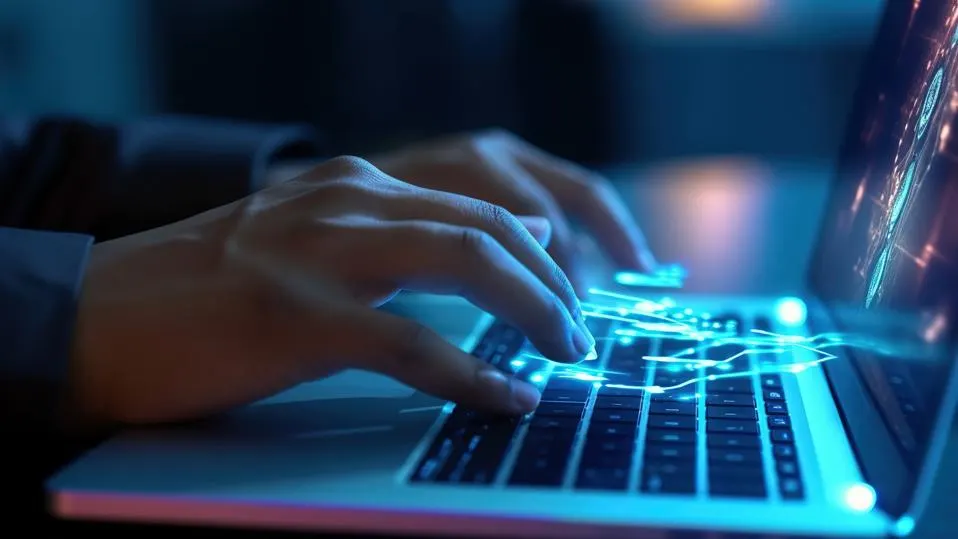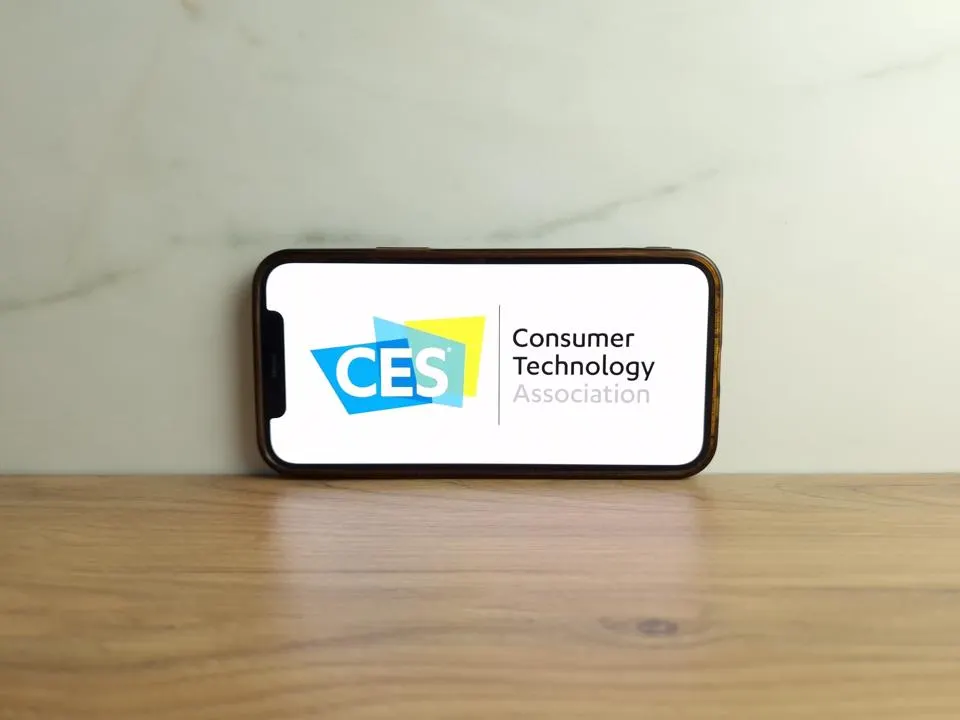5 Blockchain Opportunities No Company Can Afford To Miss
2 July 2021
The blockchain phenomenon appears to be gathering pace as we head into 2018. With big announcements from the likes of Kodak and Microsoft, it’s clear that there are opportunities beyond finance where it has already taken a foothold.
But what are the opportunities for your business? To help start to answer that question I have come up with five areas of activity where a move to distributed, encrypted record keeping could provide a competitive edge.

Reducing costs
Banks and other financial institutions such as insurers have already moved to investigate and adopt blockchain technology. Of course for them it may be a case of survival as the concept is so disruptive to their traditional business model, the danger is that if they don’t act, someone else will.
Banks and credit card companies charge around $2 trillion a year for providing middle-man services such as clearing payments and fraud-checking. Moving to blockchain systems can effectively automate much of this, bringing down costs.
But the characteristics of blockchain which make it so transformative in finance – the transparency, reduced need for trust, and robust, immutable structure of data – can help reduce financial burdens involved with making and recording transactions in many other industries, too.
If centralised, unwieldy and unsecure ledgering and inventory systems can be replaced with a streamlined, distributed blockchain system for record keeping, then there will be reduced need for middle-man functions such as administration and compliance-checking of those records.
Storing data on a blockchain also means it is more reliable. If this data is then being used in your business analytics (e.g. machine data) it is more likely to be accurate and yield insights which will align with real-world objectives.
Increasing traceability
In the food industry there is a huge demand for provenance. Demonstrating that safety and welfare standards have been met at every point of the supply chain is hugely important, for legal and business reasons.
Blockchain has been given rise to the potential of every individual ingredient or product effectively receiving its own “digital passport”, meaning its origin and journey can be traced at any stage of the process.
Traditionally these records will have been kept by a number of different organisations – from growers to pickers, packagers, retailers and deliverer – in a centralised fashion. This leaves multiple points of potential failure, such as data loss, and possibly invites fraudulent activity.
Blockchain has also been enthusiastically adopted by the diamond industry – where provenance is also paramount. UK-based Everledger has recorded details of more than 1.6 million of them on a blockchain, storing data such as their size, colour and certificate number. High resolution imagery is used which means diamonds can still be matched to their “digital twins” on the blockchain, even if the unique identifying numbers which are invisibly etched into the stones are removed. It plans to begin doing the same with vintage wine in the near future.
Improving customer experience
Loyalty and reward programmes encourage repeat custom and also give access to invaluable insights into buying habits and trends. Traditionally the data from these programmes is collated centrally rewards are issued in arrears, after administration and processing.
Moving to a blockchain based system enables reward points to be calculated and issued at the point they are earned. This not only speeds things up, it potentially lets customers use the value in their purchases to receive immediate discounts.
Several startups, such as Qiibee and Loyall, have brought blockchain-based loyalty cards to the market, with the idea that it will make it easier for customers to transfer and trade the value in their freebie vouchers across different retailers. This could lead to reward and loyalty exchanges, where customers can choose to invest their earned value in what they need right now, rather than what they have previously spent money on. Overall this will lead to happier and more satisfied customers.
Verifying ownership and proving identity
In the age of the internet where a picture can be copied and distributed to a million people with a click of a mouse, keeping track of property rights, intellectual and otherwise, has become a nightmare. The international patenting system is horrendously complicated too, with rules changing from country to country.
Kodak are currently making a comeback by positioning themselves as a blockchain technology business. Recently they announced a platform that will record and track usage of photographs and images across the internet. It will allow image rights holders to seek payment when their work is used without permission, but is also designed to facilitate more transparent and automated invoicing when a photographer/publisher relationship is in place.
There are also hopes that blockchain will mean fairer payments for musicians. The “think and do” tank Mycelia, founded by singer and songwriter Imogen Heap, is investigating blockchain contracts, IP management and payment solutions. But it isn’t just intellectual assets which can be secured using blockchain.
The real estate market is bogged down in paperwork and legal compliance procedures, which is inevitable when dealing with large-value transfers. Mortgage applications and approvals often take months due to the number of hands each application goes through, with compliance and due diligence essential at every step of the process. US-based Ubiquity offer a blockchain solution to this problem, with a transparent and public ledger used to record property titles and deeds.
Blockchain can also be used to establish identity and credentials. Recruiters are used to dealing with embellishments or outright lies from applicants, but it’s a problem that can have expensive long-term consequences.
In recruitment, a blockchain-based CV verification and matching service has been launched, which claims it will drastically cut the time taken by employers to check candidates’ qualifications and experience. APPII hope that their platform – “The world’s first blockchain career verification platform”, will help overcome this.
Enhancing security
Blockchains are inherently more secure than many other file storage systems because they are encrypted by design. Not only this, but being distributed, no one has central control over the database. The information can’t be accidentally deleted and it won’t be accessible to anyone who isn’t authorised to see it.
This means that if you handle sensitive data, or data which you are obliged to store securely for a length of time, it’s possible that blockchain might be suitable for your purposes.
Blockchain’s potential towards automation and removal of the need for trusted middle-men also improves security by removing potential points of failure, such as human corruptibility, from the equation. Estonian data protection specialists Guardtime use blockchain technology to secure the health records of one million patients.
Security of online communications is another area where advances have been made thanks to blockchain. Obsidian Messenger takes a decentralised approach to cloud storage of conversations and photographs. Rather than all the data from everyone’s conversations being stored at a data centre, it is spread across the computers of everyone running the Obsidian software, and can only be reconstructed into messages and pictures by the person with the private key (hopefully the person it is intended for).
And if the promise of one startup comes to fruition, then large-scale data breaches could be a thing of the past. The Edge Security platform uses technology originally designed to protect wallets which store Bitcoin – the digital currency responsible for kicking off the whole blockchain craze in the first place. It believes that by using blockchain methods to store encrypted data on client devices, rather than centrally collating it at data centres, is key to tackling the chaos caused by the millions of personal records being stolen every year.
As you can see, there are many potentially powerful use cases that could apply to most industries and I believe now is the time for every business to consider the implications of blockchain technology.
Related Articles
3 Ways Generative AI Is Making Our World A Better Place
Bored of the negative headlines around AI, and specifically generative AI? Then this article is for you.[...]
The Metaverse And Its Dark Side: Confronting The Reality Of Virtual Rape
The police in the UK are currently investigating a virtual rape in the metaverse involving a young girl under the age of 16 who[...]
Generative AI (Probably) Won’t Take Your Job. But It Will Change How You Work
When you read or listen to anything about generative AI and its impact on jobs, it's often a story of job losses.[...]
The Biggest Challenges And Pitfalls Of Data-Driven, AI-Enabled HR
Amid the rapid evolution of digital landscapes, data and AI have emerged as critical tools in human resource (HR) management[...]
The Unmissable Highlights From CES 2024
Much like its predecessors, the Consumer Electronics Show (CES) of 2024 has once again dazzled the world with a spectacle of innovation and technological marvels.[...]
5 Unexpected Ways Generative AI May Change Your Daily Life
No doubt you've seen dozens of headlines (or more) about generative AI and how tools like ChatGPT are going to transform our jobs..[...]
Sign up to Stay in Touch!
Bernard Marr is a world-renowned futurist, influencer and thought leader in the fields of business and technology, with a passion for using technology for the good of humanity.
He is a best-selling author of over 20 books, writes a regular column for Forbes and advises and coaches many of the world’s best-known organisations.
He has a combined following of 4 million people across his social media channels and newsletters and was ranked by LinkedIn as one of the top 5 business influencers in the world.
Bernard’s latest book is ‘Generative AI in Practice’.










Social Media